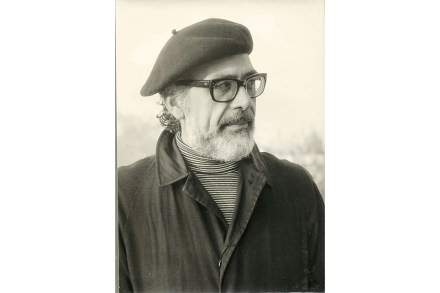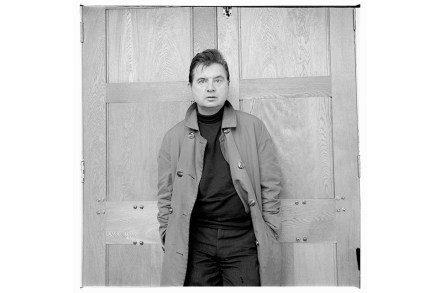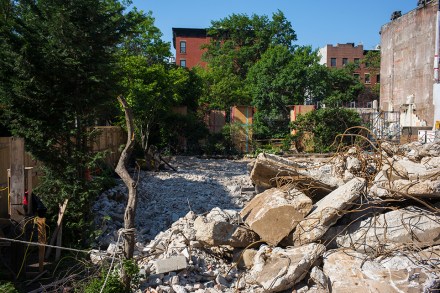Hauntingly re-readable: Autocorrect, by Etgar Keret, reviewed
How to describe the Israeli writer Etgar Keret’s stories? Sci-fi scenarios, vignettes, thought experiments, fables, parables? They do not have plots so much as premises from which consequences, extrapolations and ironic complications stem. Unfortunately, the joy of these pieces makes them resistant to reviewing. You have to tell not show their ingenuity. For example, the

















